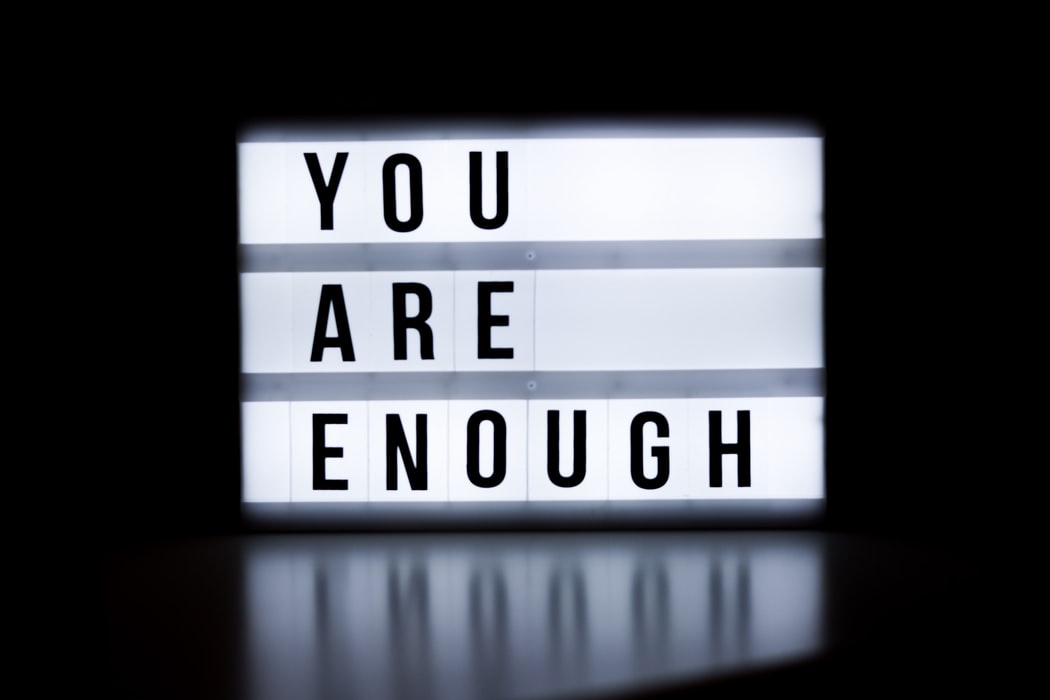
It doesn’t seem to matter how hard we budgeted somehow the holiday expenses went overboard and now, late January, the reality of our holiday spending hits us and we are faced with what can be referred to as chronic stress.
Chronic stress is relentless, it accompanies you to bed and wakes up with you every morning, it is the kind that weighs you down like a backpack filled with heavy rocks that you lug around day after day from your bed, to your car to work to home to your bed again.
It can develop health issues, insomnia, physical pains in our shoulders and neck and can make us feel so tired we are not motivated to do anything but sit in front of Netflix and binge on the rerun of Friends we watched a dozen times before because it invokes a feeling of safety and that life was just simpler then.
But you are not alone, they say over 32% of people overspend during the holidays despite having the “budget” in place and being conscious of their spending.
How do we cope with this? Well, some recommended tips are;
- Acknowledge how much debt you have and make a plan to pay it off.
- Have a frugal few months and identify areas where you can cut back your spending.
- Persevere and make a budget for Christmas 2020 based on the spending you did this year (this time include the six scented candles you wanted for yourself).
- Understand what you are experiencing is a short term cash-flow problem, your self-worth is not attached to your bank balance and cannot be determined by your net worth. Don’t let the gremlins in your head shame you.
Finally, as a mental health practitioner, what I would consider an important part of coping with financial stress is to start a gratitude journal.

Yes, a gratitude journal, hardly seems to make sense when you are struggling with financial issues, after all, what can you feel grateful for in lean times you may ask.
You can start by making an inventory of your life assets, things we take for granted every day; your health, your close relationships with friends, your family, loved ones, your education, your work, your pets… the list will grow once you start writing and you may be surprised at just how abundant your life truly is. This practice of journalling will help you shift perspective from monitory values to a wealth of a more authentic kind.
Give thanks for everything in life, at night write down three to five things you are grateful for and if you are stuck start with the basics, like the fact that you can read this article, that you have a laptop or phone to read it on, for the water on tap in your bathroom, your home, the kettle that boiled water for you…. you get the idea.
A gratitude journal will give you a sense of personal liberation, it has been referred to as a “memory of the heart” as it is life-affirming practice that you can do every day and it provides the opportunity to support positive self-talk and an investment in your mental health and wellbeing bank.
With time, the shift in focus from material values to the values of your soul and core values will become second nature and perhaps, by Christmas 2020, instead of overspending on material things you will find you have a deeper connection to yourself and those around you and buying those scented candles won’t even occur to you.
I invite you to give it a shot, and remember you are not your bank balance…

*Disclaimer; I am not a financial advisor for professional financial advice seek out the advice of a certified financial planner.

